Pouring drinks may seem like a pretty straightforward thing to do, but if you’re not careful, it can cost your venue a lot of money.
Sure, anyone can pour a drink, but only a good bartender can do so without hurting your finances due to overpouring.
Overpouring is one of the biggest problems facing venues today, as it can easily lead to losses of over $100 per night.
But what many bar owners don’t seem to realize is that there are many things they can do to prevent it from ballooning into a bigger problem than they ever thought it could become.
The question is – what can one do to minimize the financial loss caused by overpouring?
We have a couple of tips and insights you can use to improve your beverage serving efficiency, and ultimately help you minimize your losses.
Is Overpouring Really Such a Big Deal?
Before we deal with overpouring, we need to establish just how big of a problem it actually is.
Although it may seem like a small thing, overpouring can actually lead to massive financial losses over time.
In fact, the average bar loses over $3,000 per year due to overpouring.
And that’s just the average. Many bars lose much more than that – some even over $100,000 per year.
Of course, the amount of overpouring and the resulting losses will differ from bar to bar. It all depends on a number of factors, such as the type of drinks being served, the size of the glasses, the price of the drinks, and so on.
While we certainly can’t expect perfect accuracy from our bartender for every drink, these mistakes need to be below a certain threshold.
Experienced bartenders are good at minimizing their overpouring to stay below this margin of error without shortchanging the customers so that they are still getting quality service. However, overpouring is still inevitable, especially after long shifts or during peak hours.
Here’s how overpouring can affect your establishment.
Overpouring impacts your revenue
The hospitality trade is one of the most unforgiving industries when it comes to profit margins, and even the smallest inefficiencies can amount to thousands of dollars lost every year – money that could have been reinvested in your venture, or taken as profits.
To further illustrate this point, consider how overpouring can impact the sales of various beverages.
- Wine. One ounce of overpour per glass loses you 20% revenue on a typical 25.4 oz bottle.
- Liquor. Liquor ingredients account for such a small part of cocktail beverages that one ounce (1oz) of overpour on a cocktail doubles the ingredient cost of that liquor in your cocktails.
- Beer. Despite its relative affordability, beer is one of the most frequently consumed beverages in your bar. A couple of ounces of excess per glass amounts to thousands of dollars every year.
Here’s a quick calculation to show you just how much overpouring can cost your bar:
- If a bartender overpours by just 1/8th of an ounce per drink, that’s over 2 ounces of liquor wasted per hour.
- At $2 per ounce, that’s over $4 in liquor wasted per hour.
- In a 10-hour shift, that’s over $40 in liquor wasted.
- In a 5-day work week, that’s over $200 in liquor wasted.
- In a month, that’s over $800 in liquor wasted.
- In a year, that’s over $9,600 in liquor wasted.
As you can see, overpouring can very quickly add up to a significant financial loss for your venue.
Beverage prices are affected by inflation
Excess pouring can affect your profits directly, but this loss is magnified by external market circumstances that affect the price of common goods such as beverages.
While beer, liquor, and spirits tend to resist market changes, your bar relies on ingredients that are more directly affected by inflation. You need additional ingredients and beverages for cocktails, food items, desserts, and other menu items. This means that you’re taking on more losses than you think when overpouring occurs.
People are spending less on bars and restaurants
Data from Forbes shows that while the prices of alcoholic beverages themselves might be resistant to inflation, the businesses that rely on them are not.
When things get more expensive, consumers have less disposable income and are more likely to cut back on spending, especially on discretionary items like nights out at the bar.
This means that any loss due to overpouring is that much more devastating to your business, even if bars and restaurants are estimated to grow in the coming years.
Common Causes of Overpouring
Now that we’ve tackled the importance of minimizing overpouring, we need to understand why and how it happens in the first place. This is crucial in determining the most effective ways that you can prevent it from occurring in your establishment.
Here are a few factors that can impact your beverage serving efficiency.
- Stress and pressure. Perhaps one of the most common causes of unintentional overpouring, a hectic and high-pressure working environment will often make bartenders trade service accuracy for speed.
- Lack of proper serving tools. It’s difficult to get the measurements right if you don’t have the right equipment. Even with the best of intentions, bartenders who free-pour won’t always get it right
- Untrained staff. Bartenders who are not as experienced with free pouring are more likely to overcompensate, resulting in overpouring. Either that or they will pour too slowly, which isn’t ideal either.
- Inadequate serving size training. Even if your bartenders are experienced and have the proper tools, they might not be aware of your venue’s specific serving sizes. This can lead to overpouring, as bartenders try to give customers a “fuller” experience.
- Intentional overpouring. Sometimes, your staff may intentionally overpour or even give free drinks in exchange for tips. You need to be wary of bartenders who do this, especially if they’re around their friends or people they know. It may seem like a minuscule thing, but it’s actually considered a form of employee theft.
The effects of overpouring are not a joke, and regular overpouring practices can seriously eat up your annual revenues if you don’t do anything about it. In the next section, we’ll discuss what you can do to minimize overpouring among your bar staff.
How to Minimize Overpouring in Your Bar
Now that you’re more aware of the effects and causes of overpouring, it’s time to find out how we can keep overpouring to a minimum and increase revenue.
Choose Your Staff Wisely
Job interviews aren’t meant to be police interrogations, but they shouldn’t be treated like a regular date with a good friend, either.
An effective interview should give you a solid idea of who the person is. Make sure you hire someone who’s passionate about the job and takes bartending seriously.
Here are three things that you should look for in your ideal bartender.
Hard Skills
From the get-go, you must gauge the skill level of the person who wants to work for you. You should know what skills they have in managing drinks, including hard skills such as free pouring, mixology, and serving.
If possible, organize a skill test that demonstrates these skills as part of your interview. After all, you need to know that they can walk the talk.
While hiring reliably experienced bartenders with a solid grasp of bartending fundamentals is important, don’t forget that overpouring is often caused by bartenders feeling stressed out. So, it’s also crucial that you make your bar environment as stress-free as possible.
Soft Skills
As much as overpouring is a hard skills issue, it’s also a soft skills issue. Your bartender should have strong interpersonal abilities, be organized and neat, and be able to adhere to rules. They should also be able to stay calm under pressure.
The best way to measure this is to ask them what they did in previous customer service roles when they encountered an issue. For example, if a customer is making things difficult for them, how do they usually react? An ideal candidate should be able to defuse the situation without overreacting or overcompensating.
Being organized is also a vital skill. Mixology is a systematic process, and if you’re not organized, you’re more likely to make mistakes and waste ingredients.
Personality
Lastly, you should consider their temperament and disposition towards others, and towards their job. Hire bartenders who are passionate about customer service and take pride in their work. A bartender who isn’t motivated and just does things for the money is more likely to bend the rules – after all, they won’t be personally affected by your loss of revenue.
On the flip side, a person who is too kind and has difficulty saying no may be easily cajoled into pouring free drinks for patrons, especially if it’s people that they know.
That’s why it’s important to find a balance – you need someone who is professional, yet personable.
Give Your Bartenders the Training That They Need
It’s important to make the best hiring decisions whenever possible – but what if you’re way past that? How do you minimize overpouring when you already have settled bartenders, and hiring new ones can cost you time and money?
In these situations, you should be able to employ creative measures to give them the training that they need.
It’s generally up to you to implement a policy that’s fit for your workplace, but here are some suggestions.
- Implement a paid after-hours training that tackles specific workplace scenarios related to overpouring.
- Use an online onboarding and training platform for your bartenders to access in their free time.
- Hire a professional to train your bartenders to tackle problems related to overpouring.
- Enroll your staff in a local or online upskilling course.
Utilize the Proper Measuring Tools
While it may cost you more initially, using the proper measuring tools will be worth it in the long run, especially if you’re experiencing problems with overpouring.
First, make sure that you have jiggers in all of your bars. Jiggers are small, two-sided measuring tools that are used to make sure that drinks are poured correctly. They help bartenders make drinks that are consistent in size and strength, which is important for both your business and your customers.
Second, consider investing in an electronic liquor dispenser. These devices are designed to help bartenders pour drinks quickly and accurately. They’re also great for busy bars because they can help bartenders keep up with the demand.
Liquor dispensers are a great investment for any bar, but they’re especially helpful if you’re trying to reduce overpouring.
If you don’t have the budget for these yet, you can go to a trusted second-hand seller. This way, you can save hundreds of dollars on upfront costs.
Invest in Modern Technology
If you want to level up your pouring, you should invest in automated systems that do the work for now. The beverage industry is in the process of being modernized, and there are now tons of options to choose from based on their specific uses.
For example, solutions such as Easybar and Berg make it easier for your servers to make consistent pours all the time.
One bonus of automated solutions is the increase in the speed and efficiency of your staff, and of course, the decrease in excessive pouring. They’re also capable of tracking your inventory, thus alleviating some of the pressure in that aspect of your business.
Improve Your Internal Security
Lastly, you should also be constantly improving your security systems. You might think that improving your security has nothing to do with preventing overpouring, but improving internal security is one of the best passive ways that you can keep your employees accountable.
On a national scale, employee theft accounts for millions of missing revenue every year for many American businesses.
You can bet that a good portion of that money is coming from overpouring.
By investing in better security, you can create an environment where your bartenders feel like they’re being watched, and this can help to deter them from overpouring.
There are many security solutions that you can choose from, but some of the best include security cameras, fingerprint scanners, and access control systems.
Another system that can help you with this is Glimpse. Glimpse is a cutting-edge system that can tag items in video as they pass over the counter. Glimpse can recognize every drink, product, and money that will cross the bar, and then submit it for your review.
Accounting for Overpouring and Stopping Leaks in Your Bar
It may not seem like it, but overpouring is a serious problem that requires a solid plan of solutions to tackle. In this article, we talked in detail about why overpouring hurts your business, how it occurs, and how you can minimize it with a couple of solutions.
The best thing that you can do to improve your employees’ service is to implement a solution such as Glimpse.
With Glimpse, you can ensure that your employees will always be at their best, minimize wasted drinks, and reduce instances of intentional bar overpouring that will slowly eat up your annual revenue.
Sounds like what your establishment needs? Schedule a demo now!





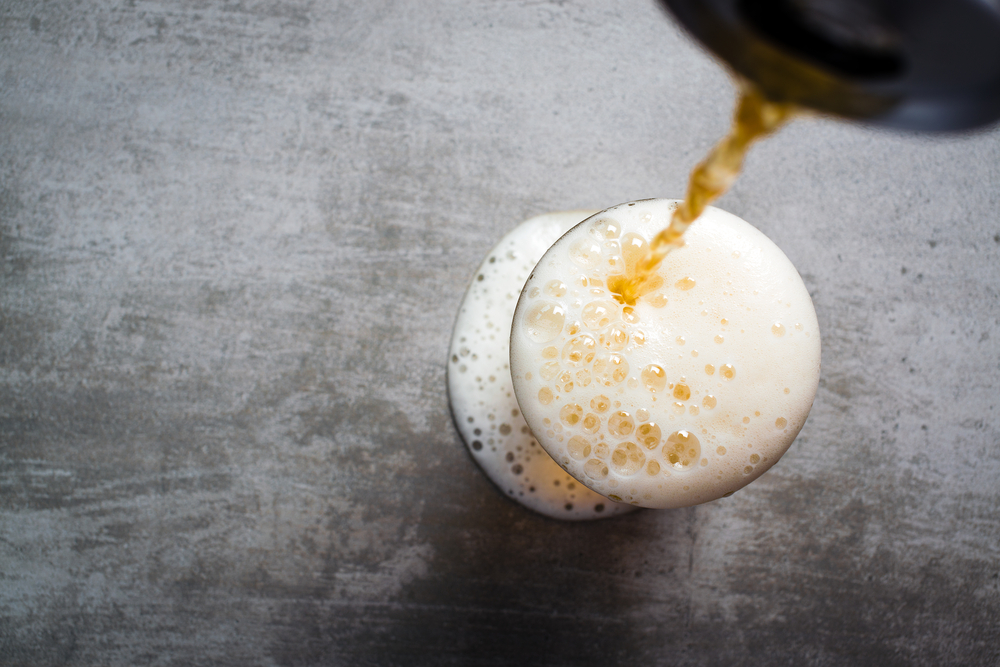
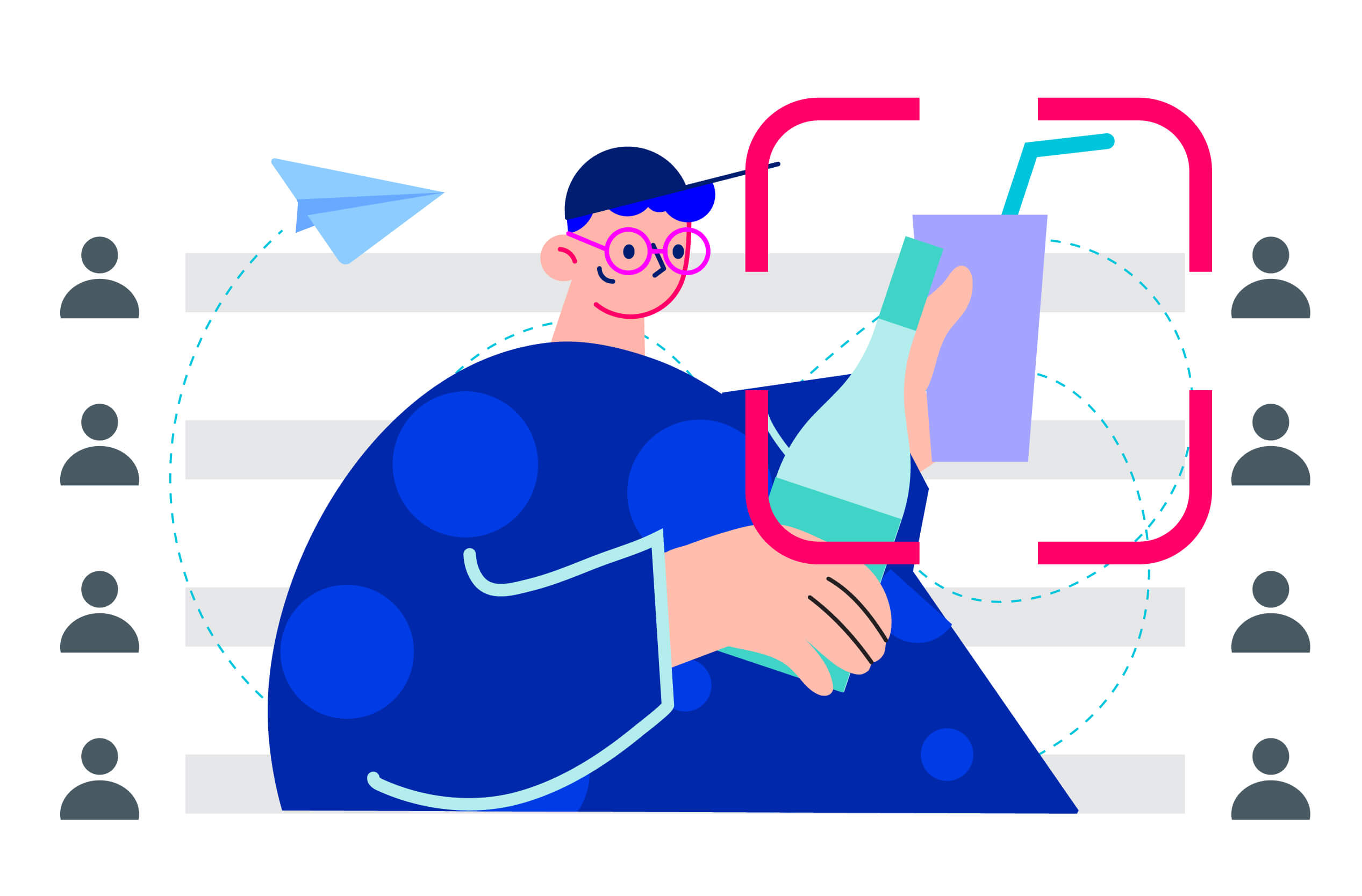
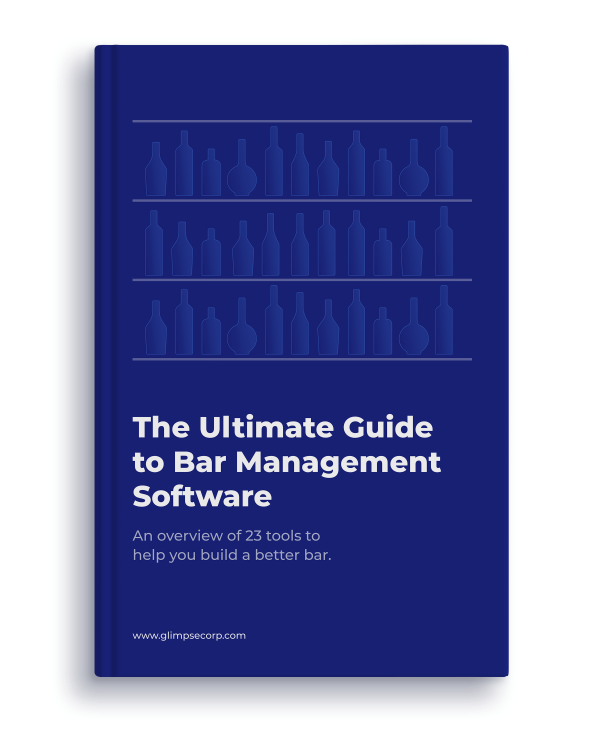
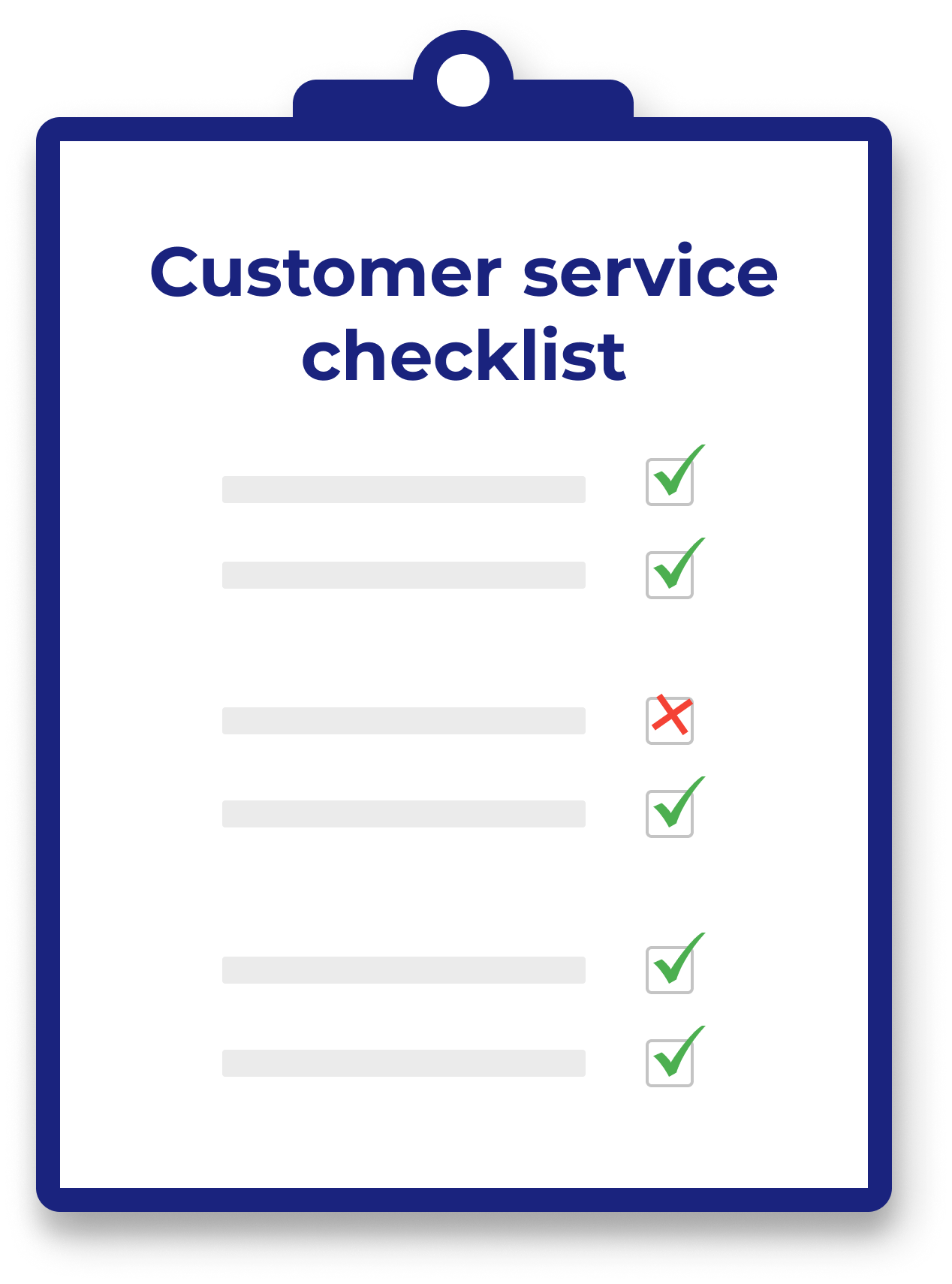
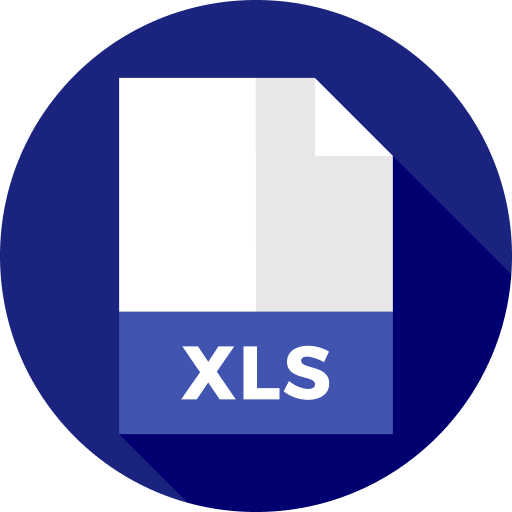

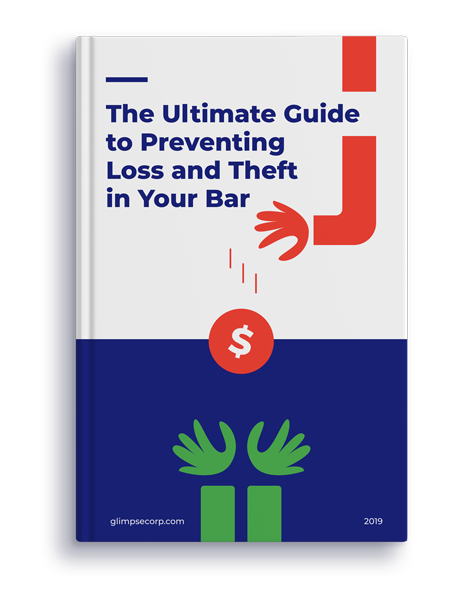


 +1 (786) 292-2373
+1 (786) 292-2373 insights@glimpsecorp.com
insights@glimpsecorp.com





